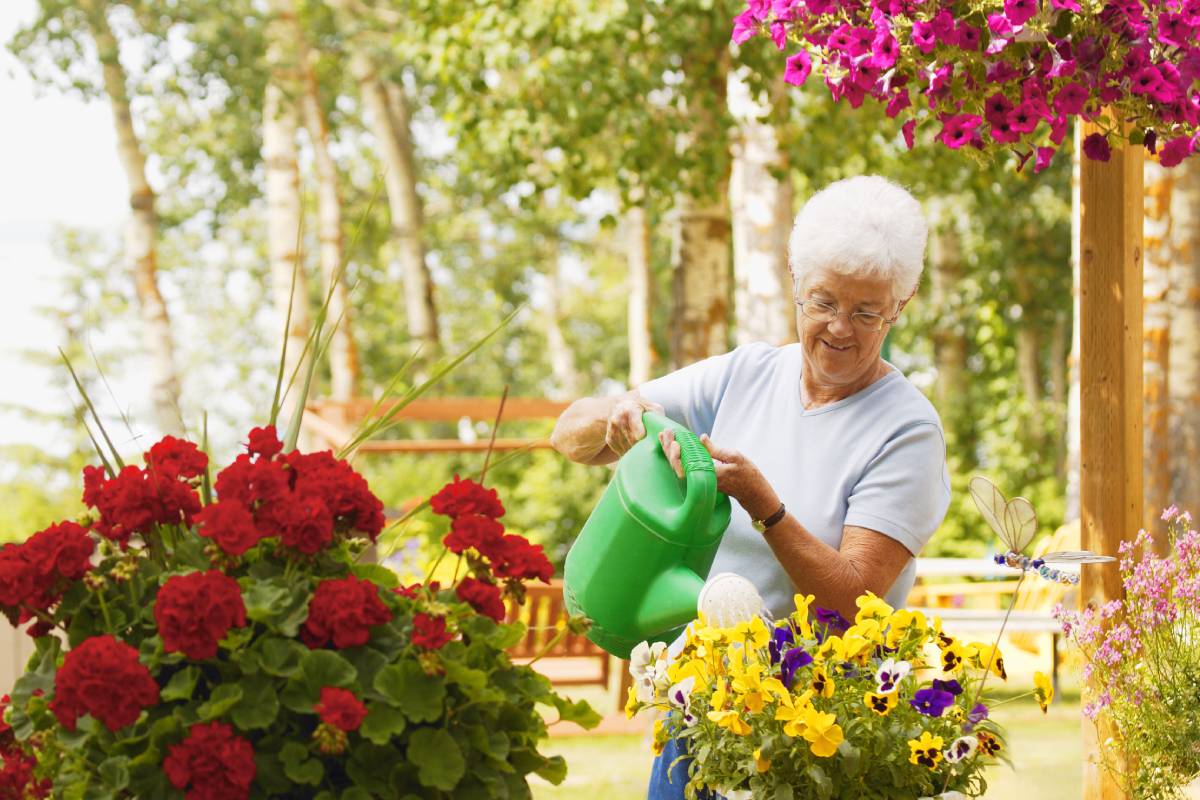According to the National Association of Geriatric Housing, more than half of America’s elderly population will live in multigenerational or assisted living facilities by 2020. Unfortunately, this increase in aged care homes has come with a heavy price tag. According to AARP, the cost of elder care in the United States has risen by more than 20% over the last two years alone. The high demand for assisted living facilities and nursing homes has pushed up costs and rents, often making it difficult for seniors to afford their places without assistance. Fortunately, gardening can help bring down your elderly loved one’s cost of living while also providing added benefits. Here is everything you need to know about how gardening can improve your elderly loved one’s life.
Benefits of Gardening For Older People
Gardening can provide older people with a variety of benefits. Physical activity can help seniors maintain their weight and balance, which can help improve their overall health and quality of life. It is also a great way to keep your elderly loved one active and out of the house, which is especially important for those who have arthritis or other diseases. Gardening also provides many other benefits. It helps improve one’s sense of independence because it allows them to create their meals and grow their food without relying on others. Finally, gardening improves your elderly loved one’s mood because it allows them to be more involved in the garden and gives them greater control over what they eat every day.
Health Considerations in the Garden
When it comes to gardening for older people, you should keep a few things in mind. First, you should always consult your elderly loved one’s doctor before beginning any new exercise or gardening program. If they have any pre-existing conditions or injuries that gardening activities could aggravate, they must be closely monitored. Second, make sure that the garden is well shaded and protected from strong wind and sunlight during the day’s hottest hours. Finally, make sure that your elderly loved one is doing some form of light exercise every day in addition to their gardening program. This can prevent them from getting too tired and allow them to get more done in a shorter time.
Adjustments to Equipment and the Garden for Older People
Garden spaces, tools, and equipment can be modified or adapted to help reduce the physical stress associated with gardening for older people. For example, you can purchase a wheelbarrow or other small garden cart that is easier to push and maneuver through the garden. You can also modify or adapt the tools and equipment used by your elderly loved one. For instance, a shovel may be too heavy for them to handle, so that you can purchase a pair of gardening gloves instead. A wheelbarrow may be too large for your elderly loved one, so you could consider purchasing a smaller garden cart with an attached trolley to transport their gardening tools.
Safety in the Garden for Older People
As with any form of exercise, gardening for older people is not without risks. If your elderly loved one is unwilling to wear gardening gloves or other protective equipment, you should strongly consider purchasing gardening tools with built-in protection against sharp objects.
It is important to remember that gardening is not just a fun pastime for older people; it can also be a great way to improve their health and extend their life expectancy. However, it is essential to ensure proper safety precautions are taken in the process.

